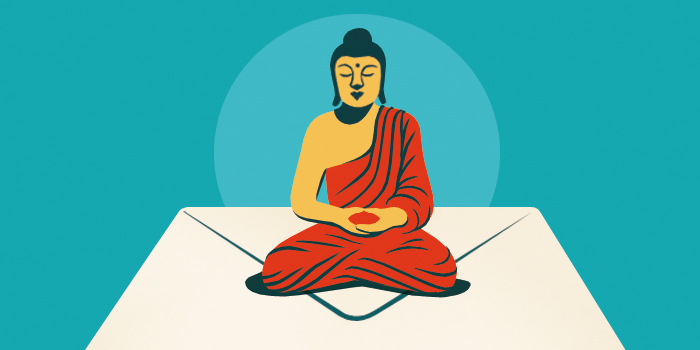Do Buddhists get involved with politics?
Lay Buddhists are as likely as people practicing in any religious tradition to have political interests and opinions, and to act on them. The Buddha did not teach his lay followers to abstain from politics—in fact, many of them were members of royal or aristocratic families and were essentially the politicians of the day. One of the most famous Buddhists in history, the 3rd-century BCE Indian king Ashoka, a legendary political leader, probably did as much as any one single person to promote the Buddha’s teachings and spread them to other parts of Asia.
However, the kind of seclusion the Buddha prescribed for training the mind and developing skillful qualities that lead to enlightenment would have precluded political activity. Indeed, the Vinaya, the Buddhist monastic code, prohibited monks and nuns from engaging in civic society apart from carrying out roles as teachers and emissaries of the Buddha.
But over the course of history, of course, monastic hierarchies in Buddhist countries became de facto political leaders—that has been the case in Tibet, Thailand, Sri Lanka, Japan, and many other places. Monks (and in a handful of cases, nuns) have wielded considerable political power on local, national, and international stages. The Dalai Lama and the Supreme Patriarch of Thai Buddhism are both examples of that.
Some tension exists today between Theravada monastics in particular, some of whom believe that political engagement is not appropriate for ordained monks and nuns and some who think it is a moral obligation, particularly with regard to environmental and social justice. “Engaged Buddhism” is a contemporary Western term for the activity of practitioners from various traditions who believe that political activism on behalf of social justice is a natural outgrowth of developing wisdom and insight or, in the case of Mayahana Buddhists, an outgrowth of recognizing the interconnectivity of all things. The term “Engaged Buddhism” is attributed to the Vietnamese Zen teacher Thich Nhat Hahn, who was a leader of the antiwar movement during the Vietnam War and worked with Martin Luther King, Jr. In the years since, numerous Engaged Buddhist organizations have formed, including the Buddhist Peace Fellowship and the Zen Peacemakers Order.

Tricycle is more than a magazine
Gain access to the best in sprititual film, our growing collection of e-books, and monthly talks, plus our 25-year archive
Subscribe now